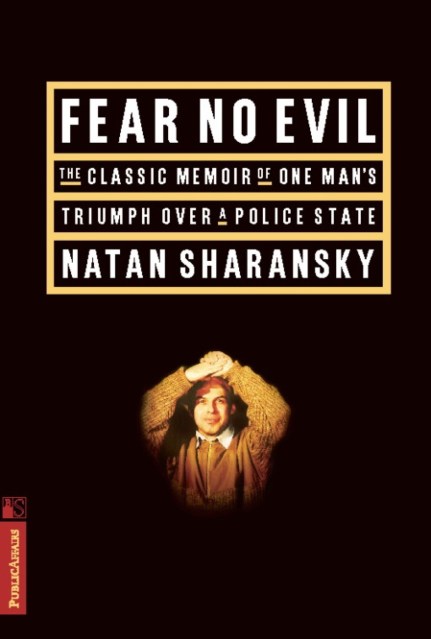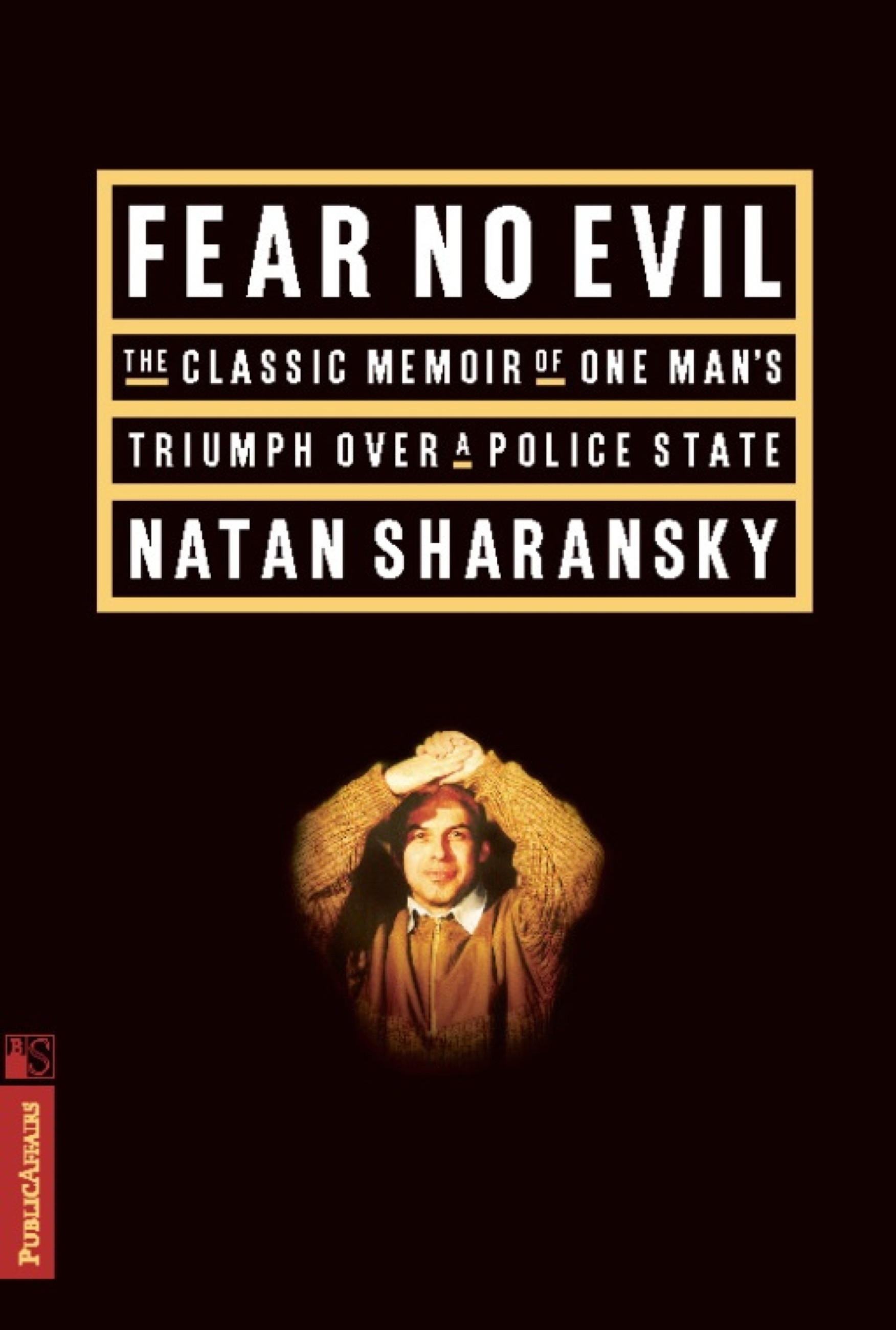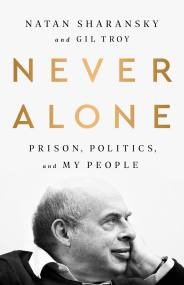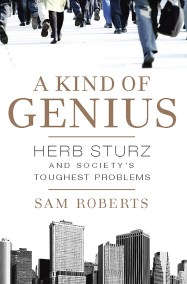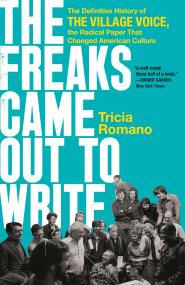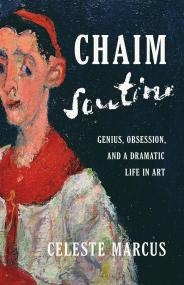By clicking “Accept,” you agree to the use of cookies and similar technologies on your device as set forth in our Cookie Policy and our Privacy Policy. Please note that certain cookies are essential for this website to function properly and do not require user consent to be deployed.
Fear No Evil
Contributors
Formats and Prices
- On Sale
- Nov 27, 1998
- Page Count
- 464 pages
- Publisher
- PublicAffairs
- ISBN-13
- 9780786723249
Price
$15.99Price
$20.99 CADFormat
Format:
- ebook $15.99 $20.99 CAD
- Trade Paperback $19.95 $21.00 CAD
This item is a preorder. Your payment method will be charged immediately, and the product is expected to ship on or around November 27, 1998. This date is subject to change due to shipping delays beyond our control.
Buy from Other Retailers:
Temperamentally and intellectually, Natan Sharansky is a man very much like many of us—which makes this account of his arrest on political grounds, his trial, and ten years’ imprisonment in the Orwellian universe of the Soviet gulag particularly vivid and resonant.
Since Fear No Evil was originally published in 1988, the Soviet government that imprisoned Sharansky has collapsed. Sharansky has become an important national leader in Israel—and serves as Israel’s diplomatic liaison to the former Soviet Union! New York Times Jerusalem Bureau Chief Serge Schmemann reflects on those monumental events, and on Sharansky’s extraordinary life in the decades since his arrest, in a new introduction to this edition. But the truths Sharansky learned in his jail cell and sets forth in this book have timeless importance so long as rulers anywhere on earth still supress their own peoples. For anyone with an interest in human rights—and anyone with an appreciation for the resilience of the human spirit—he illuminates the weapons with which the powerless can humble the powerful: physical courage, an untiring sense of humor, a bountiful imagination, and the conviction that “Nothing they do can humiliate me. I alone can humiliate myself.”
Since Fear No Evil was originally published in 1988, the Soviet government that imprisoned Sharansky has collapsed. Sharansky has become an important national leader in Israel—and serves as Israel’s diplomatic liaison to the former Soviet Union! New York Times Jerusalem Bureau Chief Serge Schmemann reflects on those monumental events, and on Sharansky’s extraordinary life in the decades since his arrest, in a new introduction to this edition. But the truths Sharansky learned in his jail cell and sets forth in this book have timeless importance so long as rulers anywhere on earth still supress their own peoples. For anyone with an interest in human rights—and anyone with an appreciation for the resilience of the human spirit—he illuminates the weapons with which the powerless can humble the powerful: physical courage, an untiring sense of humor, a bountiful imagination, and the conviction that “Nothing they do can humiliate me. I alone can humiliate myself.”
Newsletter Signup
By clicking ‘Sign Up,’ I acknowledge that I have read and agree to Hachette Book Group’s Privacy Policy and Terms of Use
